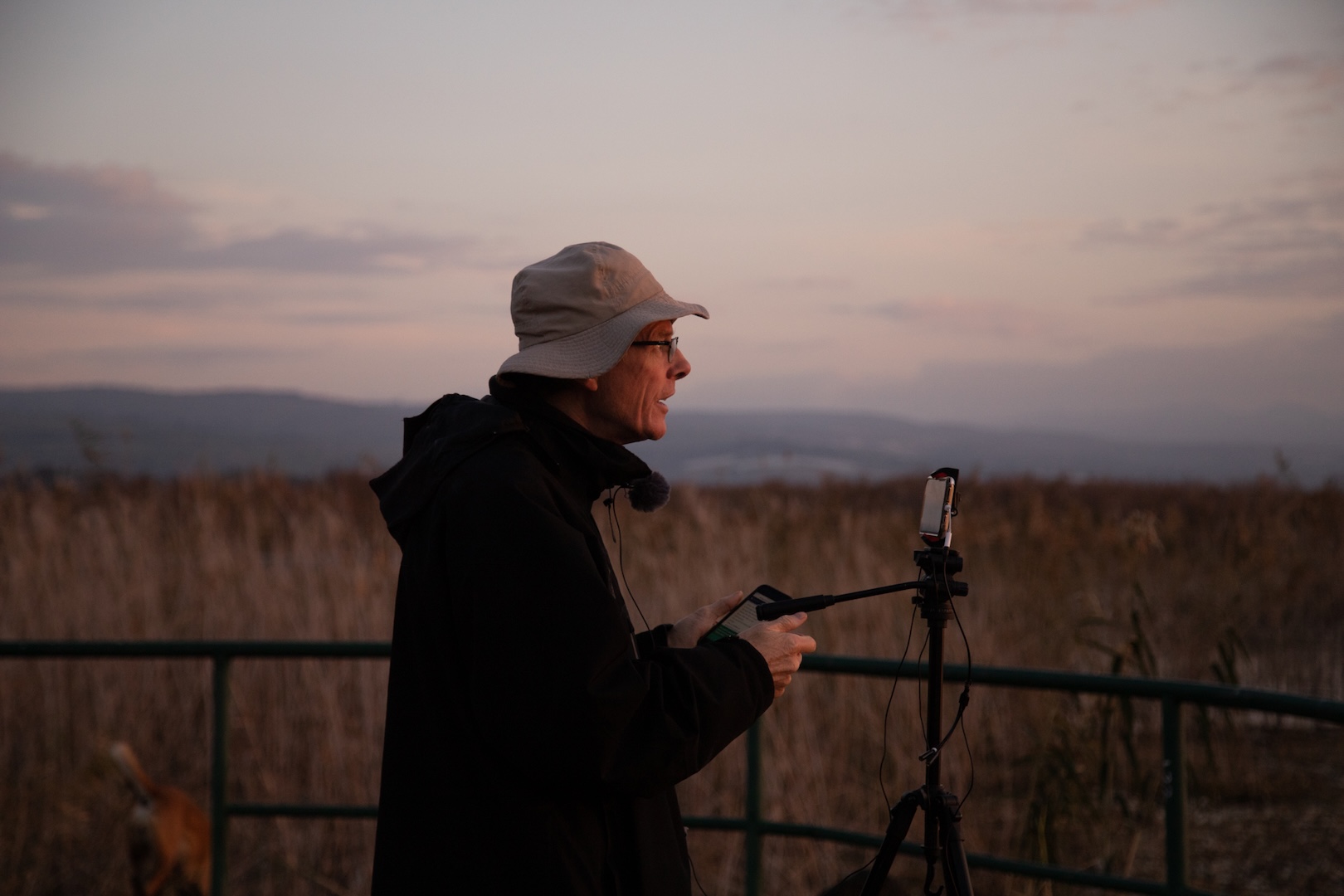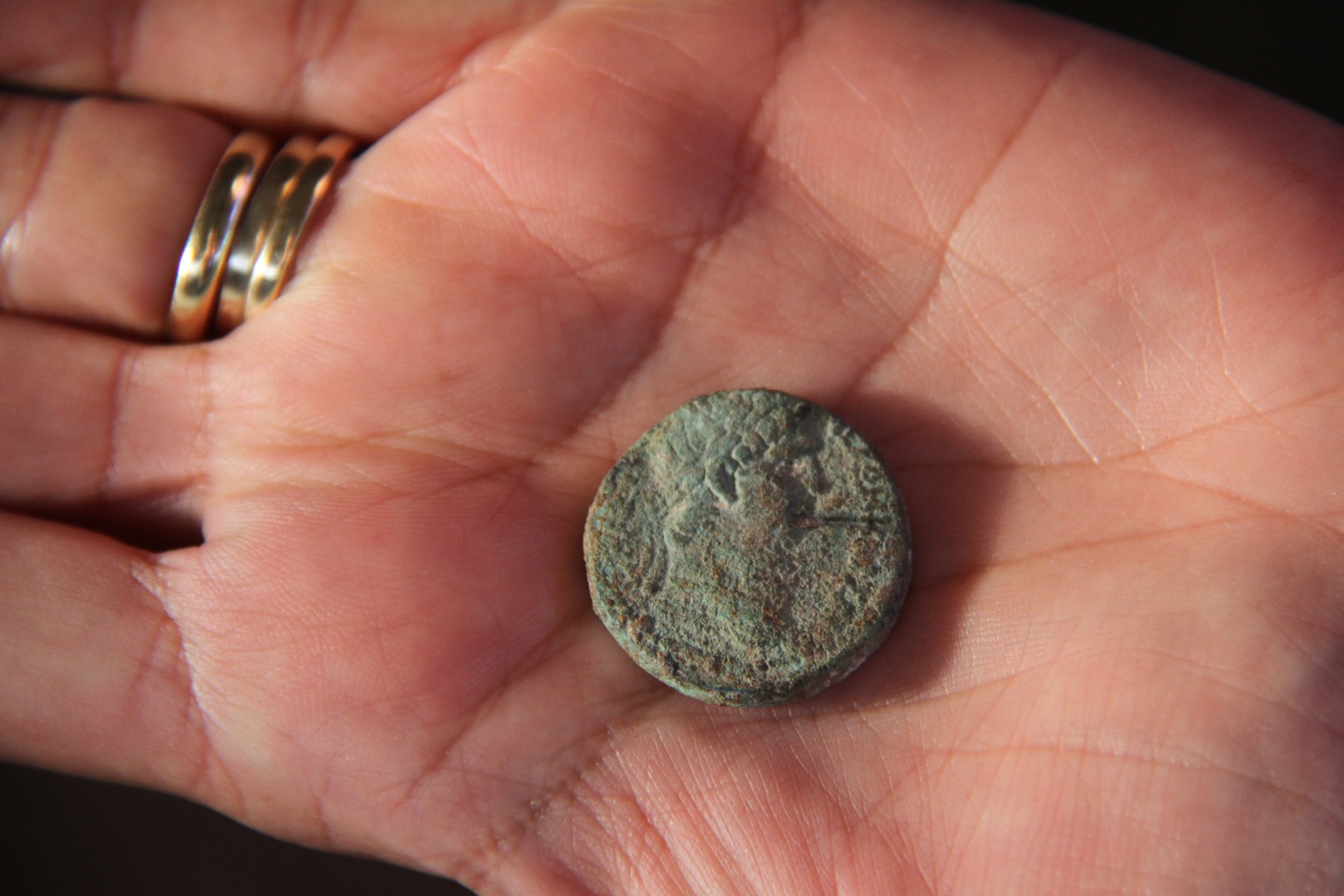ABSTRACT:
An unusual conversation took place just before the Jewish New Year a few months ago between the Orthodox Rabbi and the Cardinal Patriarch of Jerusalem. What a breath of fresh air and a sign of hope of growing mutual discovery, acquaintance and mutual appreciation. “You can’t just stay always on your own island”! Let’s ponder this moment of bridgebuilding between two significant religious leaders.
Orthodox Rabbi Alaluf converses with Cardinal Pizzaballa on YouTube
Recently a friend sent me Rabbi Alaluf converses with Cardinal Pizzaballa, a YouTube link to a 39-minute conversation between Rabbi Guy Alaluf who leads an Orthodox Jewish community near Tel Aviv in addition to researching Jewish-Christian relations and Cardinal Pierbattista Pizzaballa, Latin Patriarch of Jerusalem. My Hebrew is not very strong, so I looked for automatic English subtitles. Even I was able to recognize some glaring mistranslations and became very aware of how unreliable translations of hot button issues might become. With the help of some friends, we have attempted a transcript and its English translation. Both are imperfect due to the nature of a spontaneous conversation with its interruptions, unfinished sentences, presumptions, implications of laughter, irony, etc. Further complexity arose through the unseen presence of an Orthodox Jewish audience for whom the Rabbi seems to be directing the conversation and providing pedagogical clues, repetitions of statements made by the Cardinal, etc. Some viewers recommended adding proper English subtitles, for a wider audience, a recommendation I readily echo!
With some reticence I add our imperfect English rendering of this remarkable conversation. Rabbi & Cardinal 2024 I am confident that our readers will realize they are only going to gain a partial understanding of the complete encounter and understanding between these two leaders. Actually, besides a command of conversational Hebrew, one would need familiarity with the concrete Holy Land context and the difficult 2000-year history we share. May it provoke all of us to grow in mutual knowledge but, more importantly, in mutual trust and goodwill.
Rabbi Alaluf didn’t hold back on the difficult questions which are easily swept under the carpet. But that is precisely part of encountering the other, be it in the family or the neighborhood or disparate religious and civic perspectives. We need to clear the air and express our different understandings. We allow the other to speak and we listen. Maybe we have something new to learn, a viewpoint to correct. This only enhances mutual bonds when respectfully done in friendship.
On October 28, 1965, the Second Vatican Council promulgated Nostra Aetate a 1600-word directive for Catholics on the relationship of the Church to non-Christian religions. Paragraph 4, treating the Jewish faith, has borne abundant fruit. (May I recommend that you read this ground-breaking and potentially epoch-shaping text. It’s medicine for our world today.) It was interesting to hear Rabbi Alaluf’s references to this document while Cardinal Pizzaballa quoted Jewish sources including the famous 20th-century Rabbi Heschel who remarked that no religion is an island, (surely inspired by John Donne’s 400-year-old poem No Man Is an Island). Here both the Rabbi and the Cardinal were revealing to each other how bonded we are. Their moments of laughter made their ease with each other impossible to hide.
When I first came to Jerusalem almost eighteen years ago, I must confess I was dismayed by the negative remarks circulated about the Orthodox Jews by many, including some tour guides. “They only study,” “they don’t work,” “they live off the work others do.” Once my weekly hike took me from Notre Dame to Nebi Samuel, a memorial to the Prophet Samuel some miles north of Jerusalem. Significant Crusader period remains are visible plus a mosque structure and an active yeshiva beside the Crusader cenotaph for Prophet Samuel. I was in hike gear and peeked into the yeshiva. One of the adult Orthodox folks busy studying the Talmud welcomed me. During conversation, I asked him what he did for a living. He explained that he dedicates his weekday mornings to studying the Torah and the Talmud. In the afternoons, depending on the season, he worked in an air-conditioning or heating business, to provide for his family. When we meet people, we often discover that they are different than what people say about them. That lifestyle seemed very interesting to me, noble and desirable: a person could earn a living in part of the day and dedicate the best of the day to further their religious and cultural knowledge. With all our technical prowess, should we not physically unburden more people to freely develop their spiritual side? What a marvelous expression of leisure!
Maybe you, Christian reader, are still unaware of bitter memories suffered by Jewish people at the hands of Christians over many centuries in different “Christian” countries. Welcome to the family! Cardinal Pizzaballa surprised Rabbi Alaluf when he stated he knew nothing of pogroms when he arrived in Jerusalem to study theology. He didn’t even know the meaning of pogrom. In the 1960s I had heard of pogroms against Catholics in Northern Ireland. But since I arrived in Jerusalem, I also learned a lot about Jewish sufferings. Other challenging themes were also discussed. Mission to Jews, monotheism vs. Trinity, use of statues in churches or homes, etc. What really impressed me was how Rabbi Alaluf gave his own Orthodox Jewish people the opportunity to listen to a Bishop and Cardinal explain how we Catholics see and understand these points. A lot of misconceptions were cleared up. It’s possible that you are not familiar with these issues and why they are a source of difficulty in the Jewish–Christian relationship.
Seeing a Rabbi opening his own people to begin to understand the Christians and see we are worthy of respect was very encouraging for me. Maybe you also need more context to understand this. For instance, it is not unusual when Jewish groups visit Magdala, Orthodox Jews will not enter Duc in Altum whereas other Jews will enter. So, they wait outside until the guide has explained the place and the group comes out. Orthodox Jews typically refrain from entering churches, because some say it is prohibited. Towards the end of our work together, understanding and translating this text, it was the Jewish lady who remarked that in these 39 minutes of conversation, fear of the other took a beating. Bravo!
I googled Rabbi Alaluf and found he has published some articles in America Magazine, one of which pleaded for understanding of Pope Francis’ condemnation of the war in Gaza, a position totally compatible with the pope’s reiterated personal love for the Jewish people. I found this ability to distinguish different realities very heartening. We live in an age of easy slogans and readiness to judge and condemn. We align ourselves unilaterally and oppose those who are different. But we are one human family! It is uplifting to see people, especially leaders who take on the challenging task of helping us exit from isolated camps and discover the profound commonality we share with those we readily confront and often oppose.
Another Jewish friend told me: “I haven't yet read all the YouTube comments, but mostly the Israelis are amazed by the Cardinal’s Hebrew, his friendliness, openness, and honesty. Some are so delighted that they call this the advent of the long awaited "Moshiach-Zeiten", the blessed times when the Messiah has come, bringing peace.”
If you are going to read the present imperfect English translation which we offer provisionally, may I request that you pardon the gaps and the omissions. There are a lot of contexts needed to understand all the statements made here. Consider you are a fly on the wall while two very different worlds encounter each other and begin to dialogue. We are all learning to encounter people who are different from us. This process started when we were babies, and the grandparents showed up and continues until people come to show us their last respects!
Meeting different folks is a difficult and sometimes very painful process but most fruitful for our personal development. We remain our own selves but are immensely enriched when confronted by others. It is easier to spend time with people who agree with us and applaud all we say. But quite challenging when people disagree with us, and we might feel offended or embarrassed or taken by surprise and unprepared. We usually take our distance and keep our distance and even increase our distance from disagreeable folks. We would walk on the other side of the road or in the opposite direction.
We even go so far as to demonize the others, a prerequisite to waging war. Sane people don’t wage war with friends. But it takes wise people not to wage war with dislikable people whom we perceive as having injured our interests or offended our cherished values and beliefs. We can still hope that human beings can overcome our earthly difficulties. After all we made it to the Moon!
Our world needs a lot of healing. There are many isolated camps and mutually hostile societies or unilaterally hostile communities. What’s the first step? And the next step?
It seems to me that these two good leaders were able to deal with difficult issues and yet walk away as even stronger friends. A point we made in last month’s Journal Encounter Article.
Get to Know...
Abir Totry, HR Manager

“Sometimes we need a change to discover ourselves. We have a treasure hidden inside and we need a change to reveal it.”
Abir Totry was born and grew up in Nazareth where she raised her family and worked until 2022 when she became HR, Human Resources Manager in Magdala. Despite present day municipality challenges, Abir is proud to be a Christian from Nazareth.
Her 33 years at the French Hospital began as a medical secretary. There she developed her career and pursued ongoing education. She earned a Haifa University multidisciplinary degree including economics, statistics, local diverse religious cultures, etc. Subsequently she earned a Master’s in administration, also from Haifa University. Abir’s resume includes a Professional Coaching Diploma, too.
“A time came when I decided I needed a change. I thought it would be difficult and never imagined I would go anywhere else. I moved on to the intercity public transport company and afterwards to an association which assists disabled and challenged people. Discovering how blind people behave, function, cook, travel by bus, etc. was an eye opener. I felt ashamed that we are so close to them and so far from them!
This changed my way of thinking. Sometimes we need a change to discover ourselves. We have a treasure hidden inside and we need a change to reveal it. Learning to appreciate everyone is good.
Abir loves the spirit and mission of Magdala. She had started her career as a volunteer and found this strong dimension of Magdala very appealing. Volunteers have a wonderful spirit. They impact their environment. Back in the early years the French Hospital lacked sufficient medical staff and French doctors and nurses came for long periods to fill the gap voluntarily. Now at Magdala, Abir is reliving the joy of the volunteers. Abir drove many wonderful initiatives such as Kibbutz Yiron- Magdala International Women’s Day
Abir’s son just got married this past September and her daughter has two sons.
Discover more articles from this category






